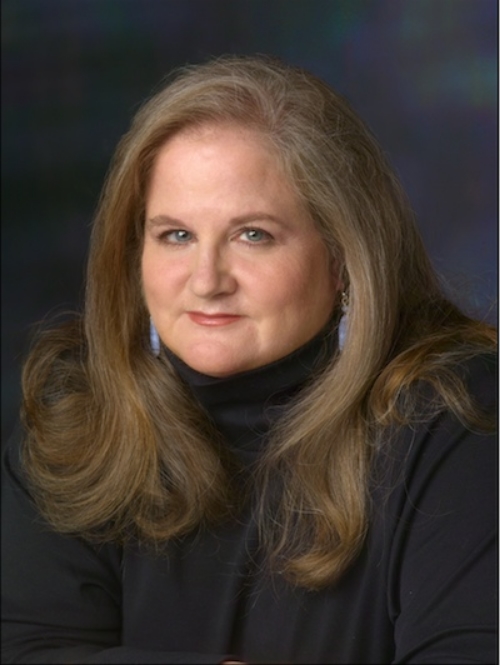Every once and awhile I get a glimpse of what theatre can be. Sometimes I get distracted by the Broadway shows that seem to be put together because a movie or television show was successful, so--hey, let's make a Broadway show out of it! But every so often I have the chance to see an extraordinary actor in a production equal to her talents. It's a privilege, really, to be in the audience for an evening like that. Well in advance of the performance I received several notices warning that there would be no late seating and no intermission for the 90 minute play. (Since I love Wagner, 90 minutes is a mere blink of an eye; nothing to be concerned about.)
I had not read Colm Toibin's book, Testament of Mary. I had not read the Bible, either. And I'm a Jew--sort of. So my knowledge of Mary, the mother of Jesus, and of Jesus himself, is pretty much based on what has filtered down to popular culture over the years.
I went to see Testament of Mary because of Fiona Shaw. I think she's an extraordinary actress, and I did not want to pass up an opportunity to see her on stage.
When Julia and I arrived ( we had great seats--5th row orchestra), people were milling about on the stage. Although no one said anything to us, apparently the audience is able to go up on the stage before the performance. Fiona Shaw came out at one point, draped herself with blue fabric, and took a seat. A clear, plastic box was lowered, enclosing her, and a sheer curtain put around the box. There were candles (in glass holders) burning. There was a LIVE VULTURE on the stage. (Julia thought it might have been tranquililzed.)
The public. You can't control them. You can't trust them. When I was in law school I spent four years (at night) studying cases where things went wrong. I kept waiting for a disaster--for someone to try and pet the vulture, for the portly, elderly gentleman with the cane to fall as he walked down the steps off of the stage.
Then the stage was cleared. Fiona Shaw shed the blue fabric, and, wearing a thick hand/arm glove, carried the vulture offstage, flapping its wings.
The play began. This Mary was not docile; she raged--with anger, grief, bitterness, and the contempt of a woman who sees the world made by men all too clearly. Freed from the postures of paintings, she was constantly in motion. When she spoke, it sounded--to me--as though Mary was a working-class Irish woman.
I don't want to give too many details, because I don't want to spoil the play for anyone who is fortunate enough to see it. But I will say that the last line is brutal. And perfect. And, from my perspective, true. How many times have I seen a play, heard a line, and thought to myself, this is the end; that's the perfect line. And then the play went on, for another twenty minutes, or a half hour. But last night--that last line hit me. I felt tears in my eyes.
There are times in the theatre, when applause feels almost inappropriate. And yet, how else to embrace this actress, who has carried us all on this extraordinary journey, who has embodied the vision of a writer, given life to words. All I could think of was, she must be exhausted.
Afterwards, I babbled. I tried to understand the significance of the audience being on the stage before the performance began. I thought, at first, that it was a way of creating intimacy, of breaking down the physical barrier that exists between the stage and the seats. Then I thought that it might be like church. But, going home, I thought about being in New York City and near Times Square and I thought perhaps it was as though Mary was some kind of tourist attraction. And when I came into work this morning, I found an email from Julia (who had patiently listened as I babbled the night before), with her interpretation:
"I wonder if the theater crowds at the beginning were 'tourists'--viewing the relics of a woman and her life that were taken over by the 'followers' and turned into the basis of their beliefs/religion. And perhaps the vulture, a bird known to eat carrion, is a symbol of what the religion did to the meaning of the womans' life. So it's taken off stage when her real self is before us."
I also thought this morning about Jesus having started out as a Jew. During the play, Mary makes a reference to her son going to the temple with his father. Then I thought about the Irish working-class accent and I thought--wait a minute! But in the end that really doesn't matter. It's just another element to mull over, because the play, the performance is not really over. It lingers, whispering to you. That's what art should do.

